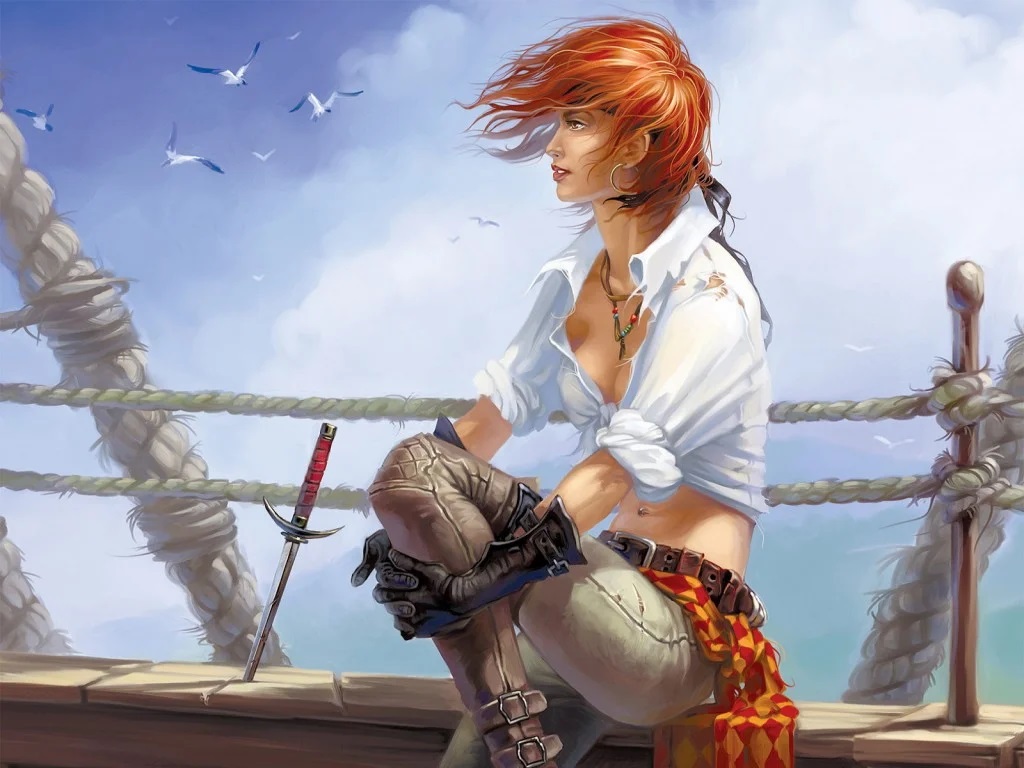Merry Wanderer of the Night:
novel
The Bulldogs (based on an underground comic-book)

India: Pollution turning the Taj Mahal yellow

Modern mailboxes for your correspondence

Mini-Reviews: May B. by Caroline Starr Rose & Green River Killer by Jeff Jensen
Review: Don't Breathe a Word by Holly Cupala
Mini-reviews: Brooklyn Burning by Steve Brezenoff and Lie by Caroline Bock
Fashionable brand Hermès has created design for Smart
Exclusive Aston Martin One-77
Just Contemporary Conclusion!
Just Contemporary Guest Post & Giveaway with Sarah Ockler!
Just Contemporary Review: Thou Shalt Not Road Trip by Antony John
Just Contemporary Guest Post! Jacinda from The Reading Housewives!
Just Contemporary Guest Post — Shannon!!
Just Contemporary Interview with Antony John and a GIVEAWAY!!
Just Contemporary Week 4 — Contemporary Round-Up
Just Contemporary — A love tribute to Jellicoe Road
Just Contemporary Interview — MELINA MARCHETTA!!
Just Contemporary Review — Harmonic Feedback by Tara Kelly
Just Contemporary Interview with Tara Kelly!
Just Contemporary Guest Review! Kate from Literary Explorations

